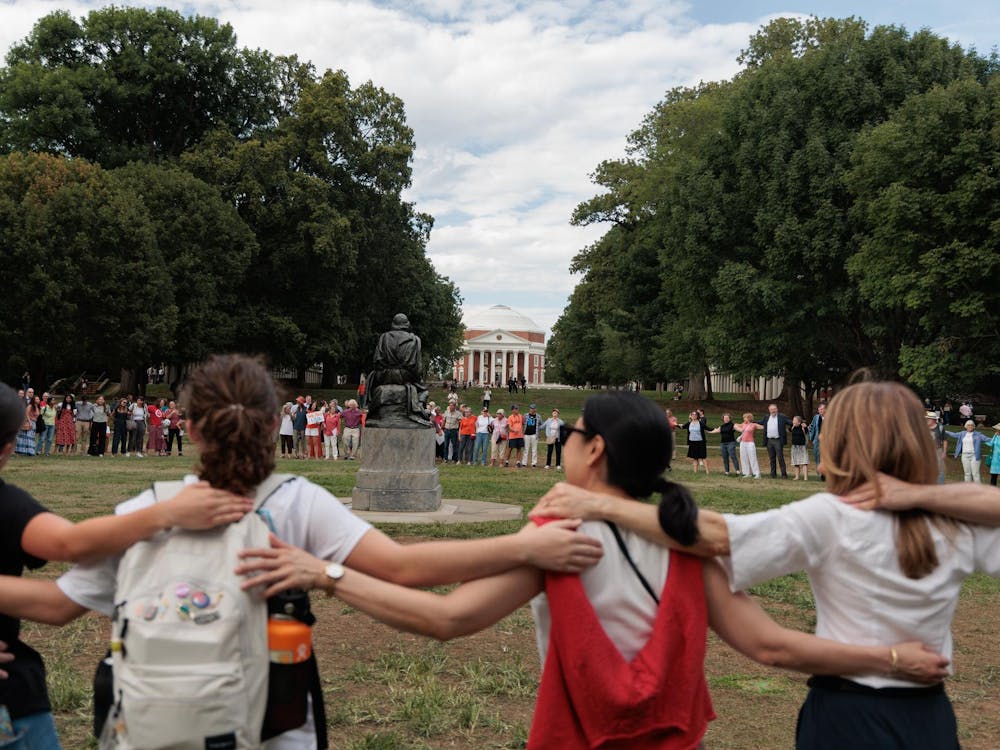Student Council passed a bill to speed up and facilitate the approval process for forming contracted independent organizations last night. The bill amended current Council bylaws that required the representative body to approve each application for CIO status, instead allowing the vice president for organizations to approve groups with the consent of Council.
"Essentially it would put approval of CIOs in the hands of the VPO, and in the case of appeals [if a group was rejected by the VPO] it would come to the representative body as [does] an appropriations appeal," Student Council President Lauren Tilton said.
According to VPO Catherine Tobin, the bill "makes things more efficient and reduces the waiting time for CIOs." She noted that the new CIO approval process should take her about a week, during which she will look over a proposed CIO's constitution, decide whether a group should be approved and present her decision for Council's consent. The bill requires the VPO to present her decisions to the representative body, with Council approving these decisions with a two-thirds majority, according to Tobin.
Before the bill's passage, CIOs were approved individually by a majority of the representative body, which typically took two weeks as CIOs were presented to Council, tabled for a week for consideration and then voted upon.
The original form of the new bill gave the VPO complete decision-making ability but was amended last night after several representatives expressed concern that the bill left no room for checks on the VPO's decisions.
"In the spirit of democracy and student government, it's also important that you have levels of oversight" over the decision making process, Engineering School Rep. Chris Belyea said.
The bill also clarifies the standards used by the VPO to approve CIOs, According to Tobin, the new bill specifies that if a CIO application seems to duplicate an existing CIO, this can be just grounds to deny a group CIO status.
Also at last night's meeting, Tilton announced the appointment of two new College representatives. The Arts & Sciences Council appointed first-year Sam Davies and fourth-year Todd Eley, co-chair of Council's Legislative Affairs Committee, to serve on the representative body for the remainder of the year.
Davies said he was excited to have been appointed, adding "I think it will be something I really enjoy."
The announcement of the new representatives comes two months after Council lost two representatives when one graduated and another resigned. These new appointments follow recent confusion about whether the College is underrepresented in Council.
According to ASC President Megan Roberts, when the ASC began the process of appointing representatives to fill these two positions, it discovered the College is underrepresented in Council by an additional two representatives.
According to Council Executive Vice President Melissa Warnke, the ASC brought its concerns to Council, and Council discovered that the incorrect numbers had been submitted to the University Board of Elections to determine the number of representatives. Warnke added that to remain in compliance with current bylaws, Student Council requires the misappropriation to be rectified in next spring's elections.






